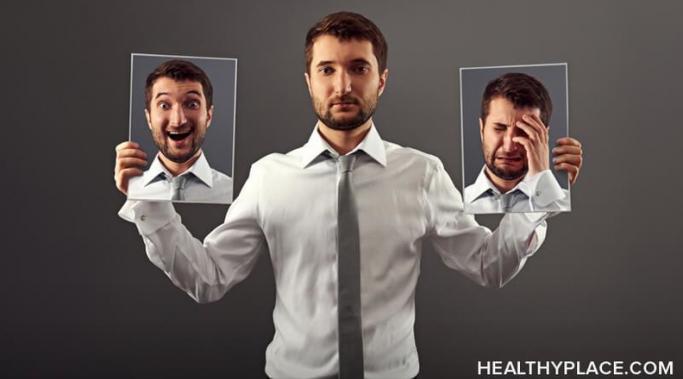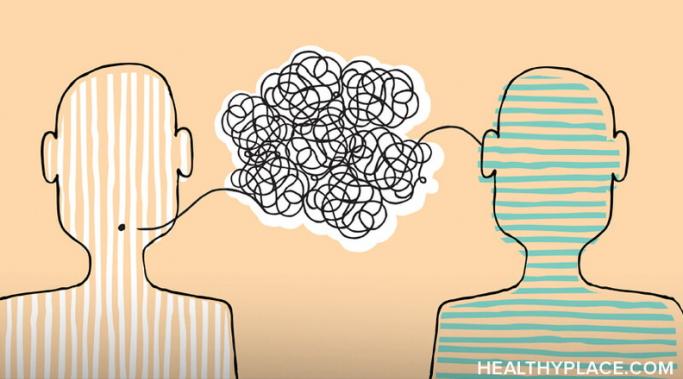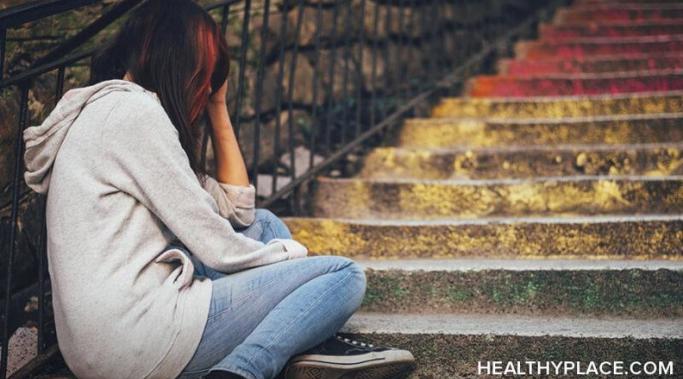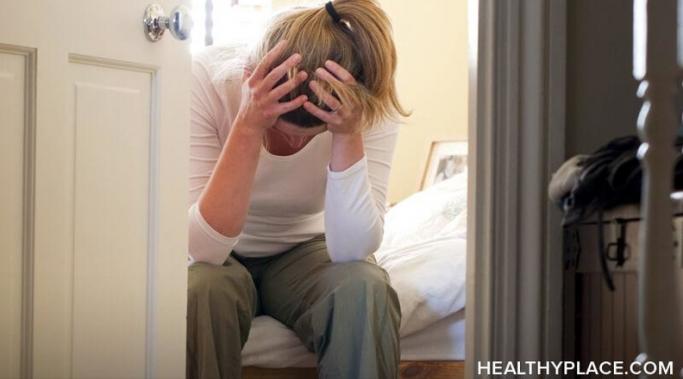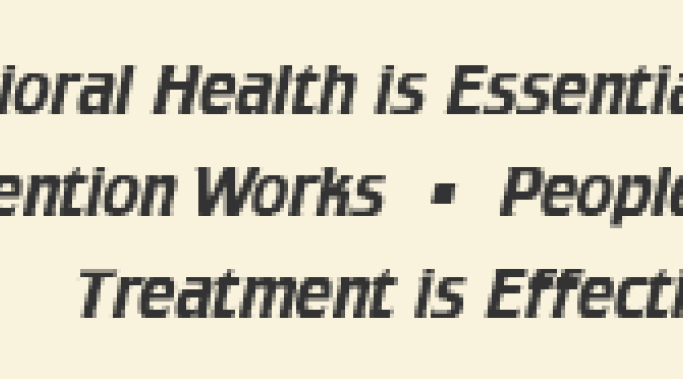Blogs
Depression. I hate the word. Also, not in my repertoire of lovely words: consistent low mood. melancholy, apathetic, stuck, frightened, darkness, sadness. Lovely words, perhaps a thesaurus would give me two hundred more. But that is not the topic of this blog.
Defining Depression
Your psychiatrist can define depression, but in a clinical way. The language used cannot describe how a depressed person feels. Instead, person must exhibit specific symptoms: change in sleep patters, appetite, a lack of interest in previously enjoyed activities, isolation, sadness. When I tell my psychiatrist I am depressed she asks me how I feel. Often, if you are experiencing depression, it is hard to articulate your feelings. Sometimes, I tell her I do not know how I feel. I feel sad. I don't think I felt this way a couple months ago. But it's confusing. Working to compare how you felt before you started to feel down.
Plenty of people make jokes about mental illness. But it’s a rare humorist who delivers sobering insight while administering that arguably best medicine, laughter. Alistair McHarg is one of those precious few. After 40+ years of life with bipolar disorder, Alistair has the experience and wisdom to know that there’s a profound difference between levity and turning serious, even life-threatening conditions into mere punchlines.
Communicating with an abusive person exercises patience at best and destroys your soul at worst. Communication's definition is the imparting or exchanging of information or news. Communicating with an abusive person is not possible because the abuser blocks or argues mercilessly with what you say unless you parrot their experience, ideas, or words. Attempting communication with an abusive person is pointless, especially when you're in an intimate relationship with one.
Sometimes I get woken up by anxiety-causing nightmares which isn't so odd, what with the PTSD n’all (Understanding PTSD Nightmares and Flashbacks). Full-on sweating through my pyjamas in a very non-sexy manner nightmares, so what do I do? Rollover and go back to sleep. You might be tempted to ask why I cope with nightmares like that, but I doubt I’m alone in the answer.
Isolation and domestic abuse cannot be separated. Whether physical or emotional or both, isolation is the first step to convincing a victim that their controller is the most important person in the world. How do abusers isolate victims? Why are isolation and domestic abuse inextricably intertwined?
For weeks, I have struggled to do anything beyond the bare minimum. Eating disorders are in part coping mechanisms, and can be deceptively helpful in masking painful emotions. That can make recovery from an eating disorder very difficult, because most people struggle with painful emotions and would rather push these feelings aside than face them.
I always like to think I am different - but I am not - and that I can push through the emotions the recovery stirs up. Each time I begin the recovery process with a fierce determination to beat anorexia nervosa for the last time. I feel strong and sure as I start to eat regular meals and snacks and stop all related eating disorder behaviors, and I know in my heart that I will travel the road to full recovery without roadblocks or detours.
But emotions can only be suppressed for so long, and I inevitably become anxious and depressed as I begin to eat like a normal person. Determination fades and strength wavers as all the emotions that I couldn't feel while in the middle of my eating disorder come roaring back, leaving me cowering in the corner.
Sometimes people with mental illness aren't the most self aware. Some of us have a tendency to get consumed by our internal drama that it's hard to listen to other people. We spend so much time listening to our feelings, processing our emotions, talking about ourselves in therapy to figure out how to stay healthy. I'm not suggesting that we give up time-tested methods of self regulation, but I think that our relationships with others - not always that with ourselves - can tell a bigger picture about our mental health.
Depression is an illness. It is not a sin.
Some well-meaning Christians who have never experienced depression might tell us otherwise. They might tell us we’ll feel better if we just have more faith. They might even tell us that God has the power to heal our depression, so antidepressants aren’t necessary.
That is a dangerous and shallow view of mental illness.
One of the problems with mental illness is that it's invisible. As I've heard many times, "You don't look sick."
Well of course I don't. You're not looking at an fMRI.
And because we don't "look" sick, our illness moves into the "not real" category. Bipolar, the unreal illness, the imagined one.
And it's even worse because others will tell you that mental illness doesn't exist. Other's will confirm your worst fears and tell you what the tiny, horrible voice in your head has been saying - you're just imagining you're ill. Really, bipolar disorder doesn't exist at all.
But of course the voice is wrong and so are the ignorant people - bipolar is as real as it painfully, awfully, grippingly gets.
But that doesn't make it visible. And its invisibility makes it all that much harder to fight.
I was so honored to hear I had won a Bronze Award for this blog on HealthyPlace from the Web Health Awards for Summer/Fall 2011! I want to extend and share my congrats to Natasha Tracy (Breaking Bipolar Blog) and Randye Kaye (Mental Illness in the Family blog) for awards received as well!
Over the weekend, I received an email about the work of government agencies (specifically the SAMHSA) and new policy initiatives designed to reduce and prevent behavioral health problems.

